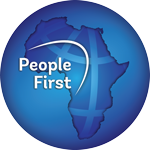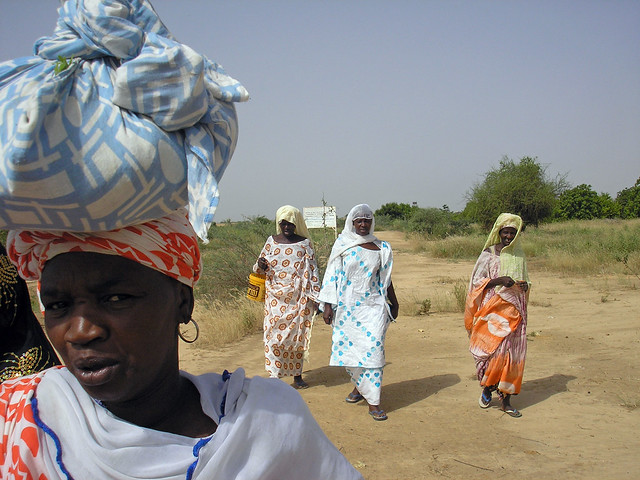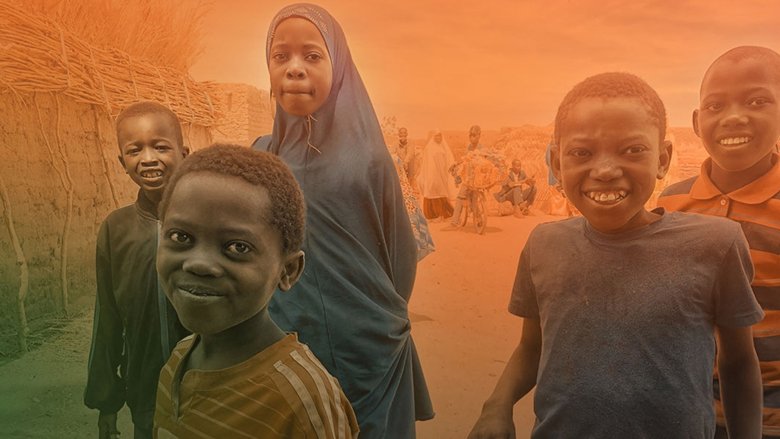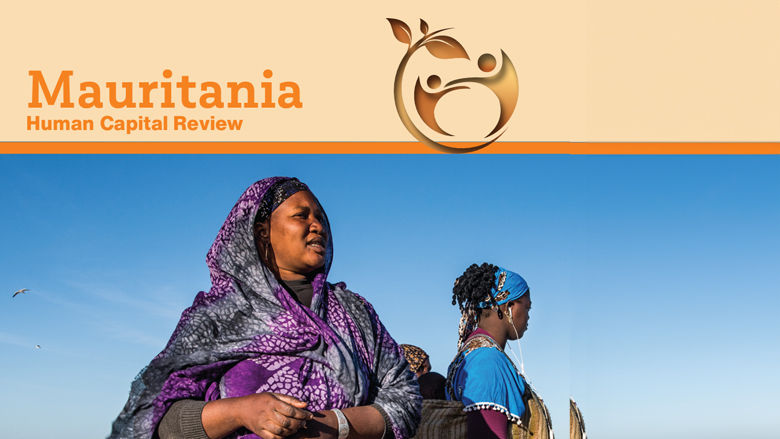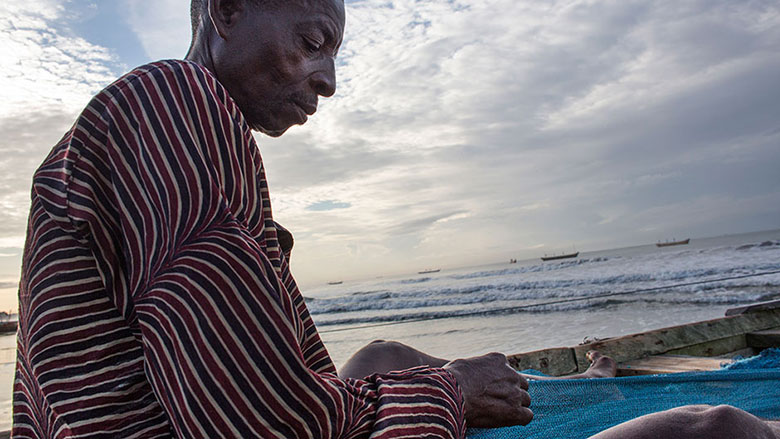Mauritania is predominantly a desert country, with vast stretches of pastoral land and only 0.5% arable land. The population is estimated at around 5 million (2024), and with a density of 5 inhabitants per square kilometer, it is one of the least densely populated countries in the world. In addition, more than half of Mauritanians (61.3%) live in urban areas (2024).
Political Context
Mauritania continues to pursue institutional and socio-economic reforms following the re-election of President Mohamed Ould Cheikh El Ghazouani in June 2024. The government has transitioned from the “Mes engagements” program to a broader strategic framework titled “Mon ambition pour la nation”, which is organized around five key pillars: institutional governance, economic resilience, human capital development, social inclusion, and security.
The country has become a significant transit point in regional migration flows. The government, in coordination with international partners, is working to strengthen migration management and ensure the protection of vulnerable populations. Additionally, as of mid- 2025, Mauritania hosts over 169,000 refugees and 7,000 asylum seekers, primarily from Mali, with the Mbera refugee camp now constituting the second largest center of population in the country.
Social Context
According to Mauritania’s Human Capital Index (HCI), a child born today is expected to reach only 38% of their potential productivity by adulthood. The learning-adjusted years of schooling average 4.2 years per child, and 25% of children experience stunting—underscoring the need for continued investment in early childhood development, health, and education. These structural weaknesses disproportionately affect women and girls, restricting their human capital and limiting their ability to benefit from and contribute to growth. While public spending in these sectors remains relatively modest, ongoing reforms and strategic programs offer a pathway to improved outcomes. Social assistance spending is comparatively high (7.5% of GDP), and existing safety net programs reach 47% of the poorest quintile—providing a strong foundation to further expand inclusive and adaptive social protection systems.
Economy
Economic Context
Mauritania’s economy slowed to 6.3% in 2024 (3.2% per capita), reflecting weaker extractive output and lower public consumption. This was partially offset by strong investment in GTA infrastructure and robust exports. Additionally, inflation eased to 2.5% in 2024 from 5.0% in 2023, supported by declining food and fuel prices and a cautious monetary stance. This environment offers space to recalibrate policies to support inclusive growth.
The fiscal deficit narrowed to 1.2% of GDP, driven by improved revenue from digitalized tax administration and new levies, combined with restraint in recurrent spending. Public debt declined to 47.0% of GDP, supported by fiscal prudence, exchange rate stability, declining nominal external debt, and stronger nominal GDP growth. Mauritania remains at moderate risk of debt distress, with scope to strengthen debt management frameworks.
Looking ahead, growth is projected to slow to 5.3% in 2025, before rebounding to an average of 5.6% over 2026-27 as gas production scales up. Inflation is projected to rise gradually, and the poverty rate may edge up due to higher inflation, population growth, and slower agricultural expansion, underscoring the need for targeted interventions.
Mauritania’s reform agenda—including fiscal modernization, climate-aligned taxation, and adaptive social protection—provides a foundation to address structural challenges. Continued efforts to diversify the economy, deepen domestic capital markets, and improve public financial management will be essential to enhance resilience and ensure that growth translates into broader welfare gains.
Last Updated: Oct 09, 2025

